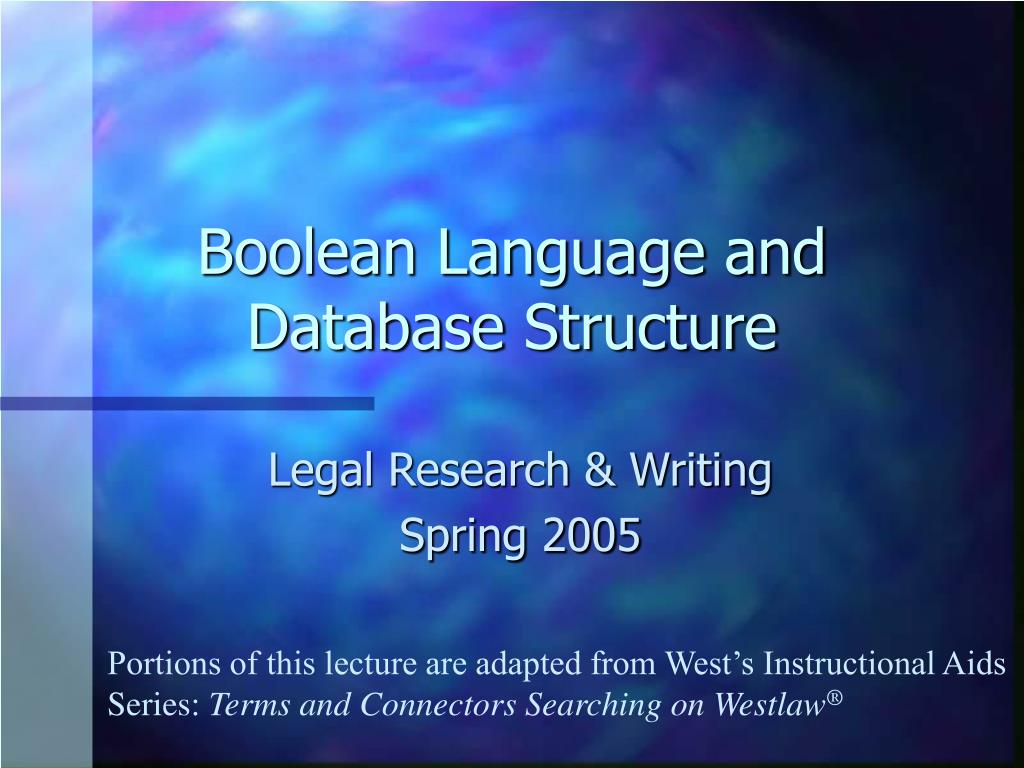

Could the target keywords be relevant in other languages or vary depending on the region? For example, the language used by human traffickers will be very different in the US than in Africa.Are there any hashtags associated with this topic?.Some factors to consider in your keyword selection: Make sure you understand the language and culture relevant to your target topic. Start by Googling the topic and researching news, intelligence briefings, and think tank articles. “malware,” “human trafficking,” etc.), do some keyword reconnaissance to get more relevant results. Keyword research Rather than using broad or generic search terms (e.g. Here are some tips to help you maximize your search strings and return more relevant results. Like anything, it takes practise-and online Boolean guides aren’t always the best at providing analyst-specific support for security and intelligence use cases.

BOOLEAN SEARCH LANGUAGE HOW TO
Simply knowing how to apply Boolean rules isn’t enough. Here are a few commonly supported operators to practice: Maximizing Boolean Rules for Your Investigation This allows you to find results that account for spelling variations or different word combinations that could be relevant to your search.īut wait-there's more! Depending on the search tool you're using, other operators may be supported and can help you further refine your Boolean strings. For example, if you’re looking for content about theft in Victoria, BC, you might structure your Boolean string like this: These Boolean rules become even more powerful when combined with brackets (). These rules incorporate three basic operators: AND, OR, and NOT: Whether you’re using a standard search engine like Google or gathering OSINT through a sophisticated threat intelligence tool, Boolean rules are crucial for refining your search results. As an intelligence analyst or OSINT investigator, how can you build stronger searches with Boolean rules? Applying Boolean Operators: The Basics In combination with the right data discovery tooling, these skills can go a long way to streamline your search results and support faster delivery of high-quality intelligence. When analysts are overwhelmed with false positives, they sacrifice the speed-to-information and context required to protect assets-not to mention wasting time and resources.īut there’s good news: as an analyst you can address these gaps by exercising your Boolean logic chops. This enables security teams and governments to make faster, more informed decisions in response to risk-and ultimately avoid or reduce damage to people, infrastructure, and other vulnerable assets.īut when it comes to gathering online data, analysts must filter a vast amount of information to find what’s relevant. Whether working in the public or private sector, intelligence analysts need to support the generation of timely, comprehensive threat intelligence.

You need fast access to relevant data to generate threat intelligence and initiate a response, but your tooling is returning a sea of false positives that’ll take ages to navigate. You’re an intelligence analyst and your team has just received an alert for a potential security breach.


 0 kommentar(er)
0 kommentar(er)
